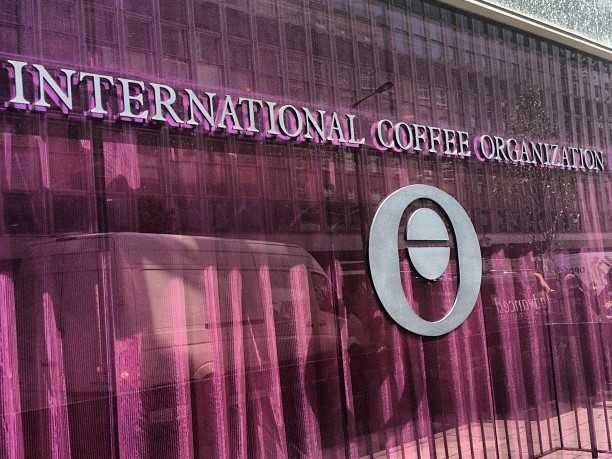LONDON – Export volumes in July were 22% lower compared to last year, as all four of the top producers registered lower shipments, due to a variety of factors. This represents the lowest monthly volume since October 2011, nearly five years ago.
Prices in August slipped by 1.5%, although Robustas continued their strong recent performance to reach a 16 month high.
The daily price of the ICO composite indicator declined over the first two weeks of August, as the Brazilian Arabica harvest seemed to make it through the frost season relatively unscathed.
Prices then recovered to around their original levels by the end of the month amid concerns being raised over the development of the 2017/18 Brazilian crop. Overall, prices were little changed, settling on 131 US cents/lb, 1.5% lower than the July average.
Robusta prices were relatively stable over the course of the month, with the monthly average increasing for the 6th consecutive month.
Prices of the three Arabica group indicators all fell compared to July, reflecting their respective supply outlook.
The arbitrage therefore narrowed slightly, although it remains relatively high compared to the course of the previous year.
July saw a dramatic reduction in monthly export volumes, with shipments totalling just
7.7 million bags, 22% less than the same month last year and the lowest monthly volume since October 2011.
Several major producers recorded lower exports, although for slightly different reasons.
In Brazil, exports were 33.1% lower than last year on 1.9 million bags, comprising 1.6 million of green Arabica (down -26.3%), 300,000 bags of roasted and soluble (-10.3%) and less than 40,000 bags of Robusta (-90.9%).
This reinforces the idea that domestic stocks are nearly exhausted in Brazil, with the 2016/17 crop due to start coming to market shortly.
However, there are some concerns over the Robusta supply, which is mostly used for domestic consumption, and it is therefore likely that some lower grade Arabica will be required to supply the local market, potentially reducing availability over the next year.
In Vietnam, exports are estimated 5.9% lower on 1.65 million bags.
It is important to emphasise that these are provisional figures, which differ significantly from the official customs figures.
It is believed that this difference is explained by coffee that has been customs cleared but has not yet been shipped.
This would suggest that significant stocks of coffee are building up in Vietnam, which could help alleviate supply issues over the next year.
In Colombia, exports dropped by nearly 60% to just 489,000 bags as a truckers strike
disrupted the internal movement of coffee.
However, following the resolution of this strike, it is expected that the flow of exports should have resumed in August, although a lack of rainfall due to El Niño is expected to reduce output towards the end of the year.
Finally, Indonesia has been recording consistently lower exports since the beginning of its
crop year in April, as the 2016/17 crop also seems to have been badly affected by El Niño.
Total exports for the first third of its crop year (April to July) are down by over 45% on
1.5 million bags.
As a result, total exports for the first 10 months of the coffee year have come to 93.3 million bags, 1.7% lower than last year. Arabicas are up by 2.6%, with higher shipments of both Other Milds and Brazilian Naturals, while Robustas are down by 8.2%.
You can download the report at this link (PDF file): http://www.ico.org/documents/cy2015-16/cmr-0816-e.pdf.
















